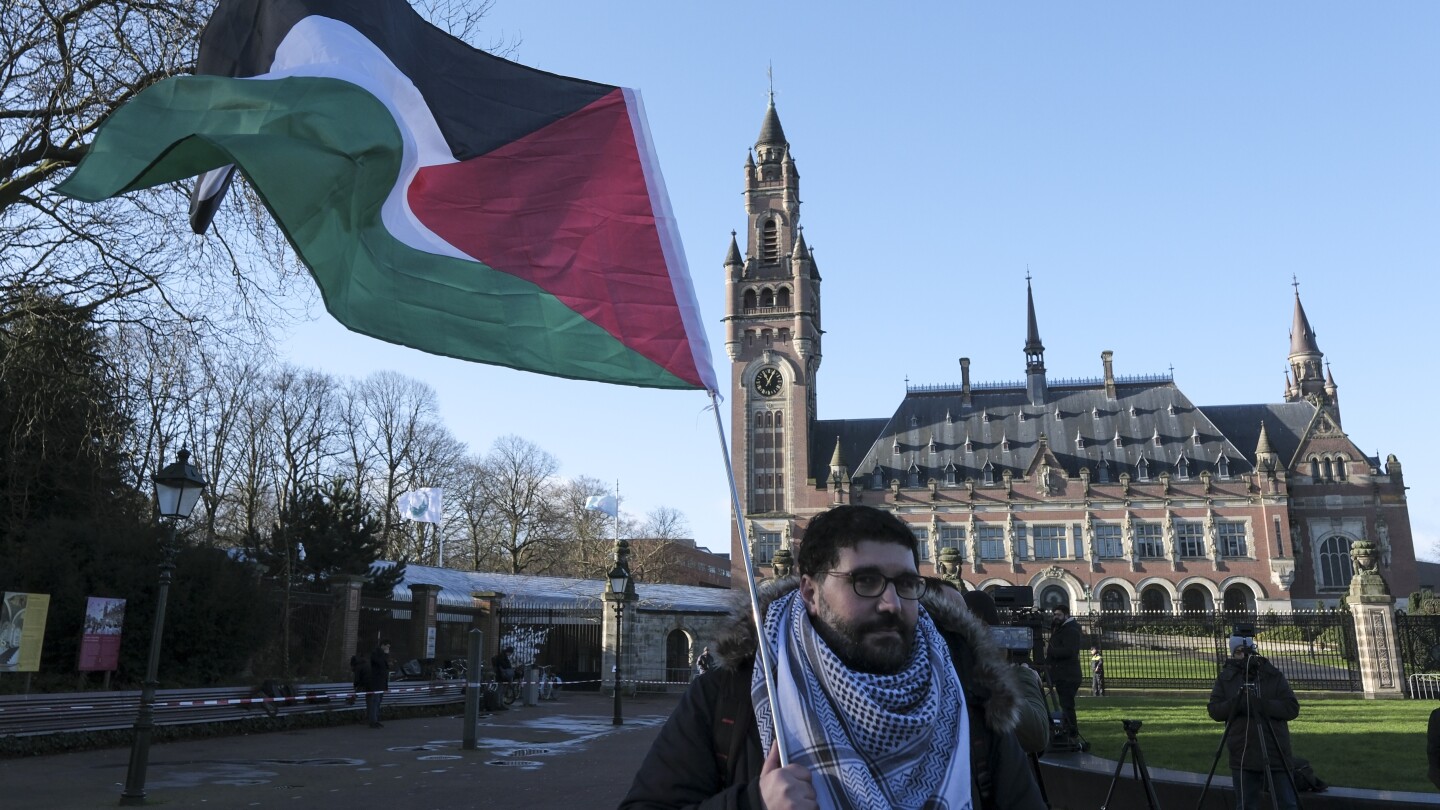So they didn’t throw out the case nor did they order an end to military operations. Consider the can kicked, not that it’s a surprising outcome. Tough to parse the legalspeak at this point so I don’t have the whole picture.
Live thread of the court ruling here:
That would be funny if it wasn’t tragic. It’s like “dear Israel, go ahead but just a tiny little bit slower. TIA.”
They almost wrote a strongly worded letter, almost.
This is the best summary I could come up with:
THE HAGUE, Netherlands (AP) — The top U.N. court stopped short Friday of ordering a cease-fire in Gaza but demanded that Israel try to contain death and damage in its military offensive in the tiny coastal enclave.
THE HAGUE, Netherlands (AP) — The United Nations’ top court decided on Friday not to throw out genocide charges against Israel for its military offensive in Gaza, as part of a preliminary decision in a case that goes to the core of one of the world’s most intractable conflicts.
In a statement Thursday, Palestinian Prime Minister Mohammed Shtayyeh said he hoped the decision would “include immediate action to stop the aggression and genocide against our people in the Gaza Strip … and a rapid flow of relief aid to save the hungry, wounded and sick from the threat of slow death that threatens them.”
But this time, it took the rare step of sending a high-level legal team — a sign of how seriously it regards the case and likely the fear that any court order to halt operations would be a major blow to the country’s international standing.
The genocide case strikes at the national identity of Israel, which was founded as a Jewish state after the Nazi slaughter of 6 million Jews during World War II.
Its governing party, the African National Congress, has long compared Israel’s policies in Gaza and the West Bank to its own history under the apartheid regime of white minority rule, which restricted most Black people to “homelands” before ending in 1994.
The original article contains 1,015 words, the summary contains 256 words. Saved 75%. I’m a bot and I’m open source!




